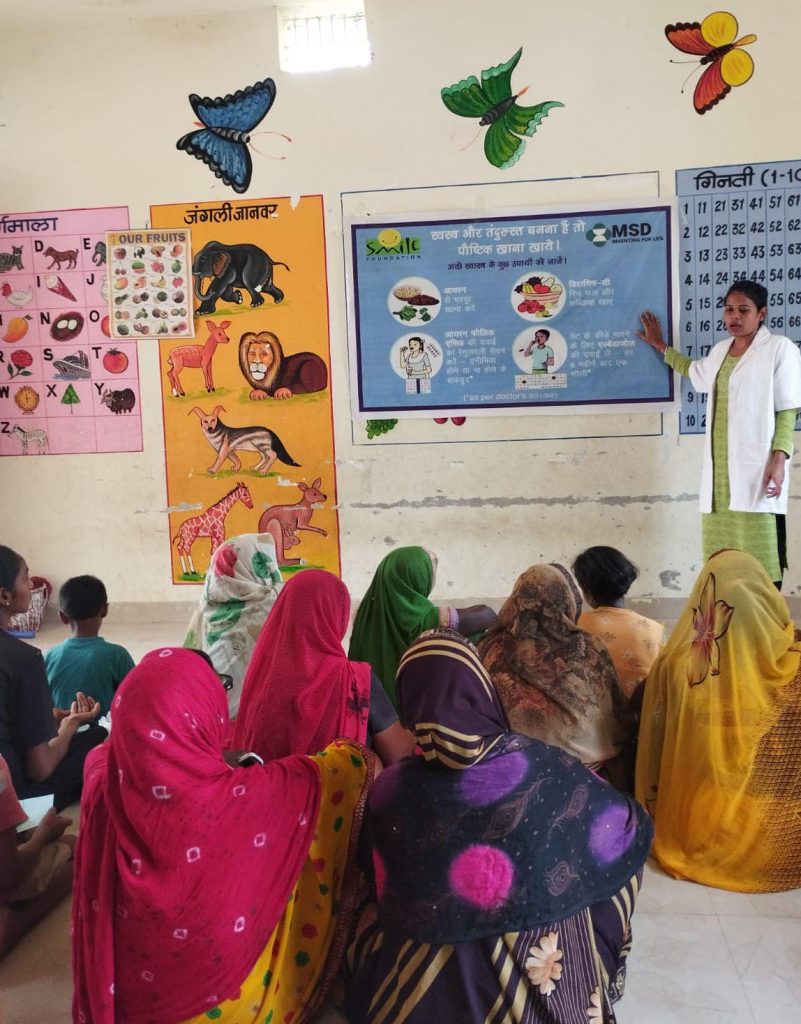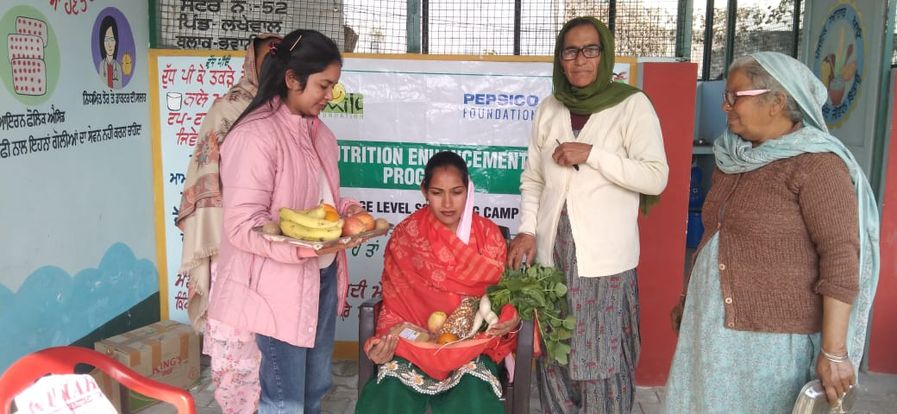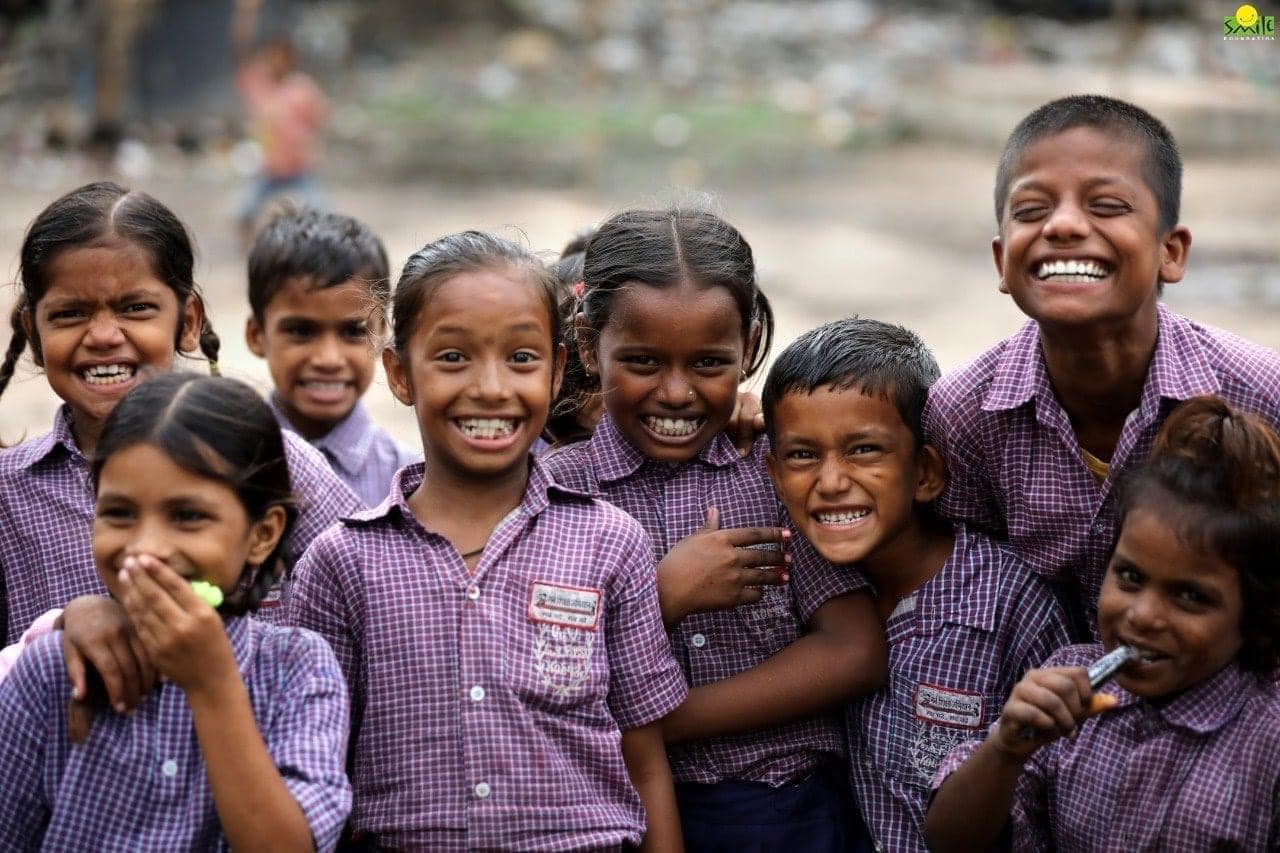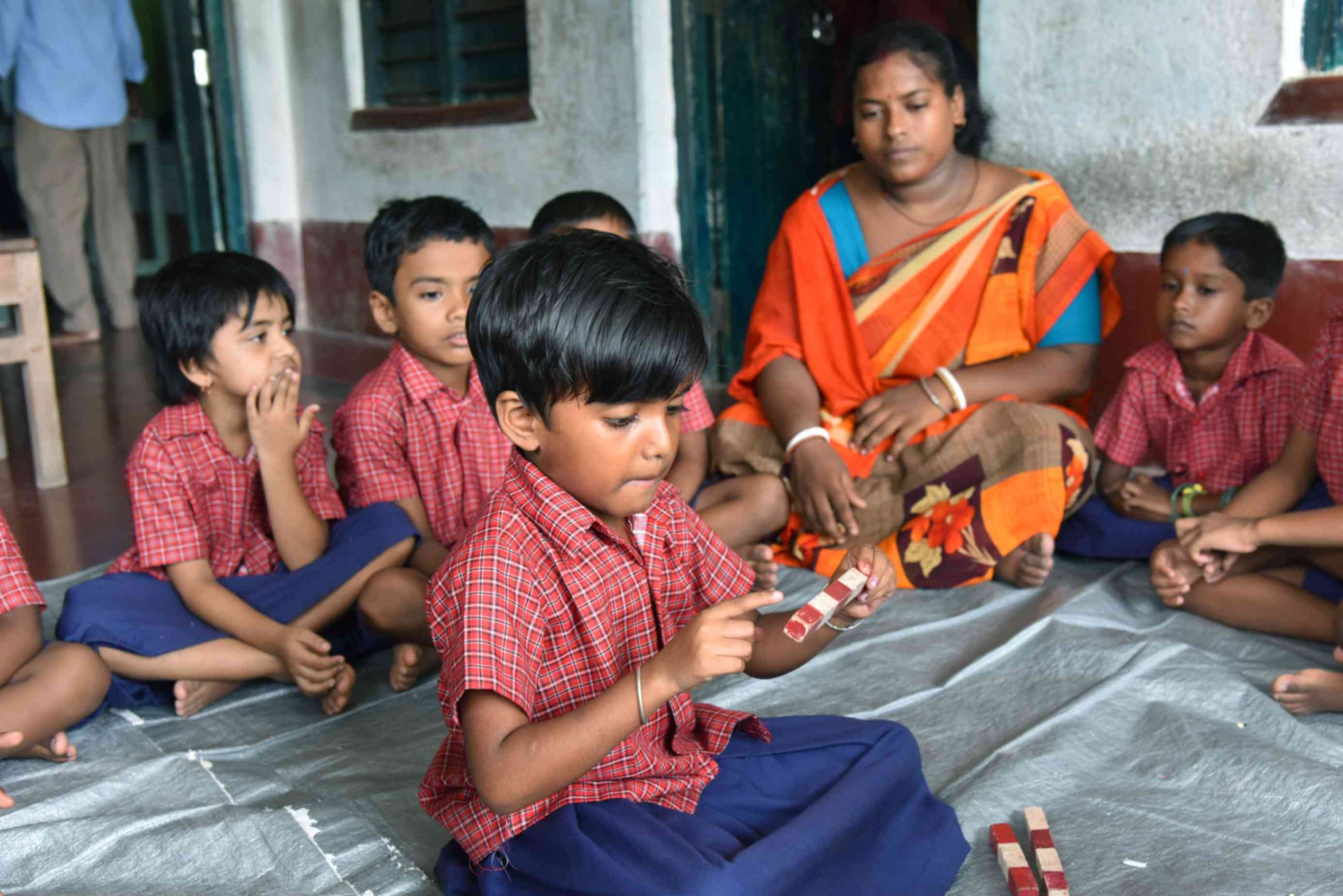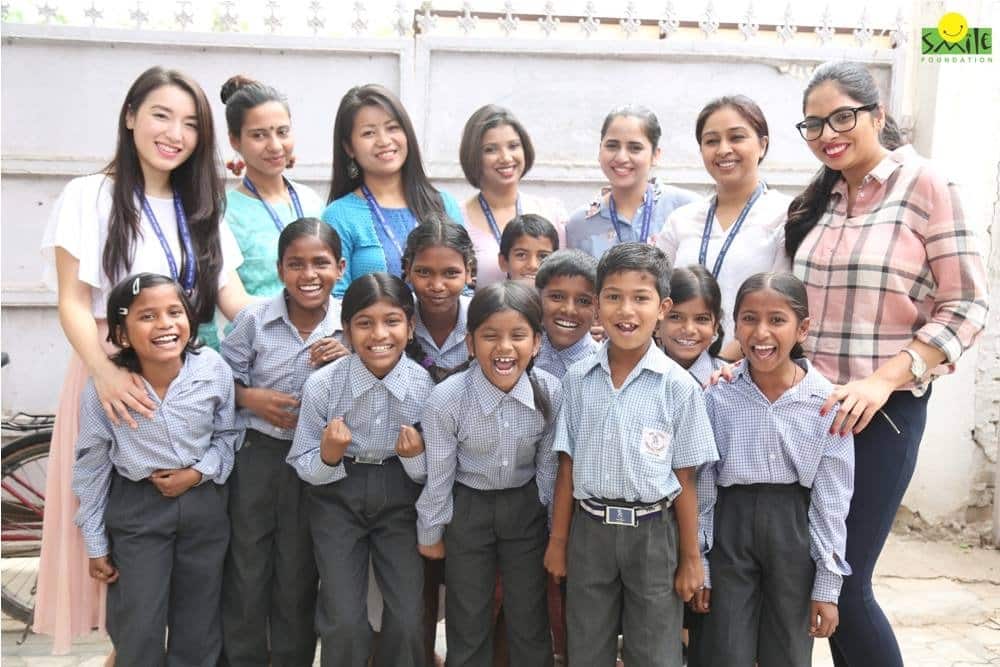According to available data, young people in the age group of 10-30 years in India face a range of health behaviours and problems. Nutritional disorders, including both malnutrition and over-nutrition, are prevalent among this population.
National Institute of Nutrition data indicates that more than half of the population aged 10-18 years in India is undernourished. The prevalence rates range from 56.4% to 68.5%.
Additionally, a high prevalence of stunting has been observed, with studies reporting rates of 36.9% to 51.7% among adolescents. Micronutrient deficiencies, such as anemia, are also common, affecting around 25% of the rural population in some studies.
These health behaviors and problems among young people have long-lasting impacts. They contribute to the burden of non-communicable diseases, mental and neurological disorders, and injuries in Indian society. It is crucial to address these issues through comprehensive health promotion policies and programmes that prioritize the health and well-being of youth.
Integrated approaches that consider the multiple coexisting behaviors and conditions experienced by young individuals are needed to effectively tackle the challenges and reduce the associated morbidity, mortality, and socio-economic losses.
Importance of Health Literacy
Health literacy, the ability to understand and use health information to make informed decisions, is a key factor in improving healthcare-seeking behavior. By enhancing health literacy, individuals can better understand their health needs, make informed decisions about seeking healthcare, and actively participate in their own care.
Healthcare-seeking behaviour plays a crucial role in the overall well-being of individuals and communities. It refers to the actions people take when they perceive a health problem and seek appropriate healthcare services.
In India, where healthcare systems face numerous challenges, understanding and addressing healthcare-seeking behaviour is of paramount importance. By promoting awareness and initiating behavioral changes, it is possible to enhance the health outcomes of the population.
Several real-life examples illustrate how awareness and behavioral changes can positively impact healthcare-seeking behaviour in India. One such example is the implementation of the National Rural Health Mission (NRHM) in India. The NRHM focused on improving healthcare access and quality in rural areas.
By raising awareness about available healthcare services, encouraging community participation, and enhancing health literacy, the programme witnessed significant improvements in healthcare-seeking behaviour among rural populations.
Addressing Barriers to Healthcare-Seeking Behaviour
India faces several barriers that hinder optimal healthcare-seeking behavior. These include low health literacy levels, lack of awareness about available services, cultural beliefs, and socioeconomic factors. It is crucial to address these barriers to facilitate behavioral change and improve the existing behavior.
Awareness campaigns are powerful tools for initiating behavioral changes in healthcare-seeking behaviour. They can educate individuals about the importance of seeking timely healthcare, promote preventive measures, and debunk myths and misconceptions.
A study published in the International Journal of Environmental Research and Public Health emphasized the effectiveness of awareness campaigns in influencing healthcare-seeking behavior. By disseminating accurate and accessible information, campaigns can empower individuals to make informed decisions about their health.
Addressing barriers to healthcare-seeking behavior requires a comprehensive approach involving programs, policies, and the collaboration of various stakeholders, including NGOs. These barriers can range from limited access to healthcare facilities, financial constraints, cultural beliefs, lack of health literacy, and social stigma associated with certain health conditions. To overcome these barriers, several initiatives can be implemented.
Steps to Improving Health Awareness Among General Populations
Firstly, programmes and policies aimed at improving access to healthcare services are crucial. This can involve
- establishing primary healthcare centers in remote areas,
- providing mobile healthcare units to reach underserved populations, and
- ensuring the availability of essential medicines and medical supplies.
Financial assistance programmes, such as health insurance schemes or subsidies, can also alleviate the financial burden associated with seeking healthcare.
Secondly, raising awareness and improving health literacy is essential. NGOs play a vital role in this aspect by organizing health education campaigns, conducting workshops, and disseminating information through various channels. NGOs can collaborate with healthcare organizations to establish mobile healthcare units that reach remote and underserved areas. These units can provide primary healthcare services, preventive screenings, and health education, overcoming geographical barriers and improving access to healthcare.
Enabling the Healthcare Ecosystem
Health education campaigns in communities can be organized to raise awareness about common health issues, prevention strategies, and the importance of seeking timely healthcare. These campaigns can utilize various mediums such as community meetings, informational pamphlets, radio programs, and social media to disseminate vital health information.
Government can train and deploy community health workers who act as a bridge between the community and healthcare facilities. These workers, often from within the community, can provide health education, assist with navigation through the healthcare system, and address cultural or language barriers that may hinder healthcare-seeking behaviour.
By working together, NGOs, healthcare professionals, government, and communities can develop tailored approaches to facilitate healthcare-seeking behavior.
Smile Foundation and Healthcare-seeking Behaviour
One of the major components of our healthcare programme, Health Cannot Wait is improving healthcare-seeking behaviour in urban villages and remote populations.
- Door-to-door mobilisation,
- capacity-building of the medical personnel stationed at mobile healthcare units and telemedicine units,
- health camps, and
- impact studies both qualitatively and quantitatively
are some of the long-term interventions in our efforts to make quality healthcare accessible among disadvantaged sections of society.
Special care is provided to the elderly, pregnant women, new mothers, infants, and young children whose health status determines the well-being of the country and its standing in various international findings as a whole.



